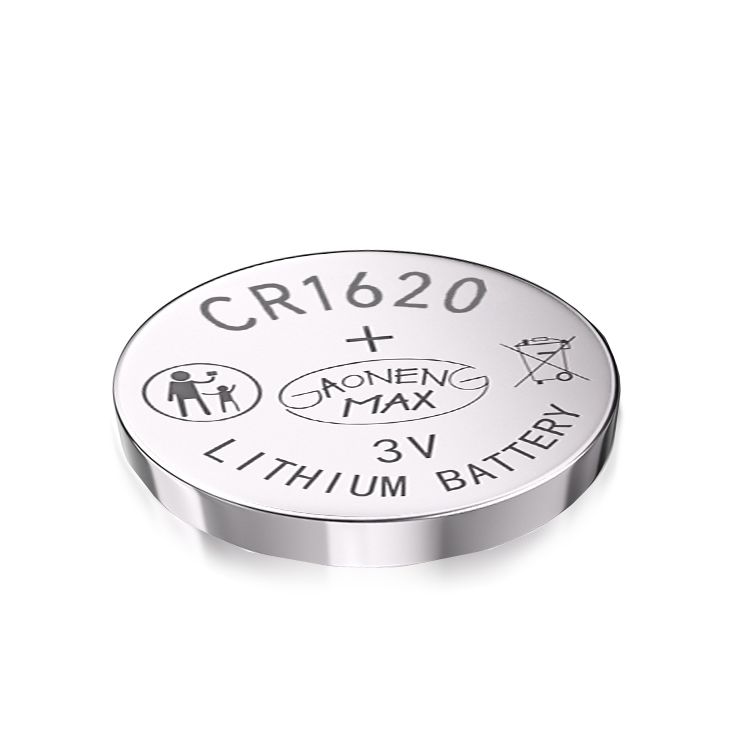
Polymer batteries, with their high energy density, flexibility, and
lightweight characteristics, have found wide applications in various fields such
as consumer electronics, electric vehicles, and medical devices. However, to
ensure their optimal performance, safety, and longevity, several precautions
must be taken during their use.
Handling and Storage
Avoid Physical Damage: The soft packaging of polymer batteries, typically
made of aluminum - plastic composite film, is vulnerable to sharp objects. Never
use sharp tools like needles or knives near the battery. Keep the working area
clean and free of sharp components. When handling the battery, wear gloves to
prevent accidental scratches from fingernails. Additionally, do not bend, twist,
or drop the battery. Even a minor physical impact can damage the internal
structure, leading to potential short - circuits or a decrease in battery
performance. For example, in a laboratory setting where batteries are frequently
handled for testing, researchers should always use anti - static tweezers and
place the batteries on a soft, non - abrasive surface.
Proper Storage Conditions: Store polymer batteries in a cool, dry place.
The ideal temperature range for long - term storage is between - 20°C and +
35°C, with a relative humidity of 45 - 75%. High temperatures can accelerate the
aging process of the battery, while humidity can cause corrosion of the metal
components inside. If the battery is not going to be used for an extended
period, it should be charged to 10 - 50% of its capacity. This state helps to
prevent over - discharge, which can severely damage the battery. For instance,
in a warehouse storing backup power polymer batteries, proper climate control
systems should be installed to maintain these ideal storage conditions.
Charging Precautions
Use the Right Charger: Always use a charger specifically designed for
polymer batteries. These chargers are calibrated to provide the correct charging
voltage and current. The charging current should not exceed the recommended
value, usually 1C - 5A for a single - cell battery. Excessive charging current
can cause overheating, which may lead to thermal runaway, a dangerous situation
where the battery heats up uncontrollably. The charging voltage should not go
above 4.23V per cell. Using a non - compliant charger can not only damage the
battery but also pose a safety risk. For example, in a household setting, using
a counterfeit charger for a smartphone's polymer battery can lead to the battery
swelling or even catching fire.
Monitor Charging Temperature: The charging process should occur within a
temperature range of 0 - + 45°C. Charging at too low a temperature can slow down
the chemical reactions inside the battery, reducing its charging efficiency and
capacity over time. Charging at too high a temperature can cause irreversible
damage to the battery's electrodes and electrolyte. In some high - performance
applications, such as electric vehicle charging stations, temperature -
monitoring sensors are installed to ensure that the battery is charged within
the appropriate temperature range.
Discharging Precautions
Limit Discharge Current: The discharge current of a single - cell polymer
battery should be less than 2C - 5A. High - current discharge can generate
excessive heat, which reduces the battery's lifespan and may also cause
performance degradation. For example, in a power - hungry device like a high -
end gaming laptop, if the polymer battery is discharged at an extremely high
current, it may overheat, and the battery's capacity may start to decline
rapidly after a few charge - discharge cycles.
Prevent Over - Discharge: Do not allow the battery to discharge below 2.75V
per cell. Over - discharge can cause permanent damage to the battery, as it may
lead to the formation of lithium dendrites, which can pierce the separator
between the electrodes and cause a short - circuit. Some devices are equipped
with battery management systems (BMS) that automatically cut off the power when
the battery voltage reaches a critical level to prevent over - discharge.
However, in devices without such a system, users should be vigilant about the
battery level.
Safety Precautions
Never Modify or Disassemble: Under no circumstances should you attempt to
modify or disassemble a polymer battery. The battery contains highly reactive
chemicals, and any interference with its internal structure can lead to leakage,
explosion, or fire. Even if the battery appears to be malfunctioning, it should
be disposed of properly rather than being tampered with.
Avoid Exposure to Hazardous Environments: Do not expose the battery to
water, fire, or extreme heat. Water can seep into the battery, causing an
internal short - circuit. Fire or extreme heat can cause the battery to explode.
For example, leaving a polymer - battery - powered device in a hot car during
summer or near an open flame is extremely dangerous.
Read recommendations:
R6P
Is the charger for lead-acid batteries and lithium batteries universal.801520 polymer battery
Performance of nickel cobalt manganese lithium battery.18650 battery 3500mah lithium
18650 battery bulk
18650 battery pack company












































 360° FACTORY VR TOUR
360° FACTORY VR TOUR
 Whatsapp
Whatsapp
 Tel
Tel Email
Email TOP
TOP